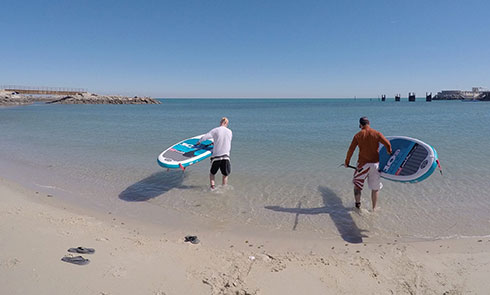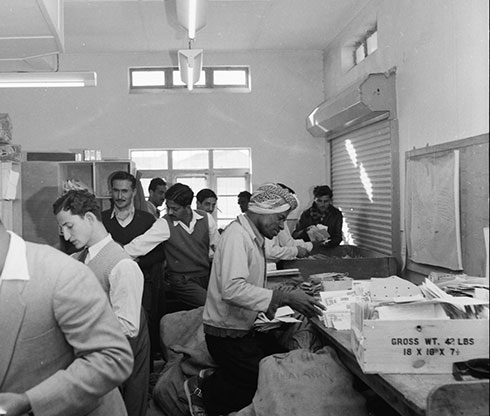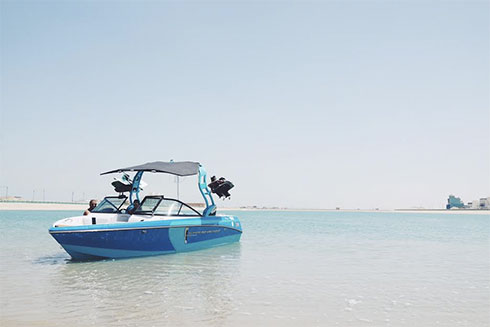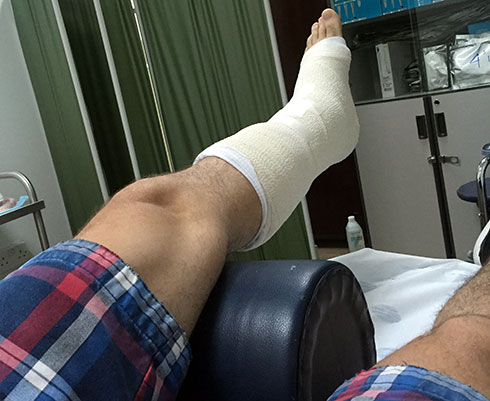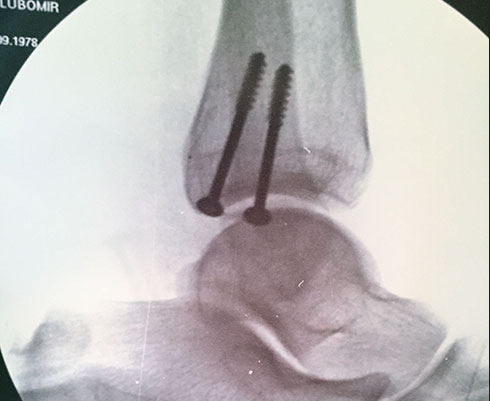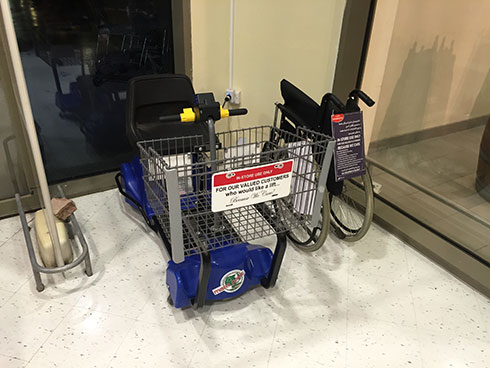
At the moment my two favorite mail forwarding companies are Aramex and MyUS. I use the Aramex Shop & Ship service for packages that I am not in a rush to get and I use MyUS for packages that I need ASAP. The way these mailboxes work for those of you who aren’t aware, a lot of online stores don’t mail products outside of the US. With a US forwarding mailbox you order stuff online and mail it to your US address, then your packages gets shipped from that mailbox to your address in Kuwait and you just pay the shipping cost. Makes online shopping a lot easier.
A few weeks back I got an email from another US mail forwarding company called Shipito. According to the original email, Shipito are the biggest mail forwarders to South America and Europe and they’re hoping to become the same in the Middle East. To try out their service, they offered to ship any package for me that weighed up to 10KG. 10 freakin kilos!! I was ordering a MacBook Air around that same time but I was like nahhh, that wouldn’t really be taking advantage of their offer since it’s so light. After a bit of online shopping I realized that all the winter gear was heavily discounted because the season was over so I decided to order a snowboard, snowboard bindings and boots. They were 2015 models and were selling for 40% off at Backcountry (a really great store btw), so I decided to order them in hopes I would still manage to get some snowboarding done before the summer. That was obviously before I hurt my ankle last week.

I roughly calculated the weight of all my snowboard gear and it was going to be around 10KG, so I placed the order and shipped it to my Shipito mailbox which they had setup for me. Shipito provides you with three different US mailboxes to use each with their own advantage:
Minden, NV
The biggest Shipito warehouse. More storage (six times bigger mailbox capacity for free storage compared to California, or double of Oregon). 180 days storage for Virtual Mailbox (other locations offer 90 days). Lowest shipping cost for USPS, FedEx and DHL.
Tualatin, OR
No sales tax in Oregon! Save on 7-9% expensive purchases! Full service location. More storage space for your Virtual mailbox and shipping rates slightly higher than in California.
Hawthorne 2, CA
All shipping methods available. Consolidation available. Low shipping cost and fast speed due to proximity to LAX airport. Russian Post available. Lowest price for Airmail.
Clearly the biggest advantage Shipito has over Aramex and MyUS was the fact they have an Oregon location which means you don’t pay taxes. When I ordered my Macbook Air from the Apple Store, I paid $87.43 in taxes when I shipped it to MyUS mailbox. If I had shipped it to Shipito’s Oregon address I wouldn’t have paid any tax whatsoever. I placed my order for the snowboard gear and two days later it reached my Shipito mailbox.
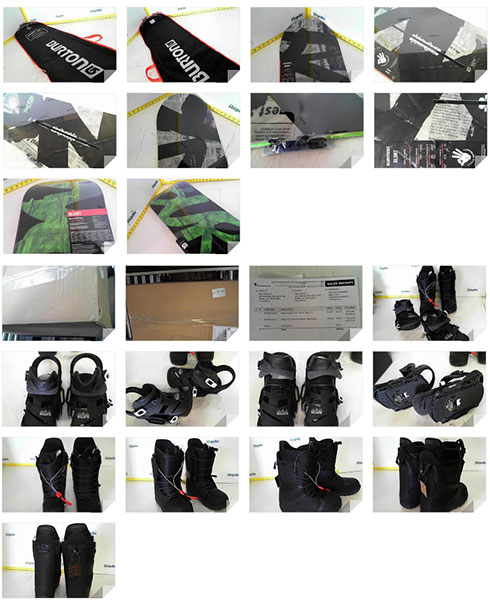
Once a package arrives to your Shipito mailbox, you have the option to have 10 photos of your items taken before they ship it (costs: $2.5). My packages arrived in two shipments so they took 20 photos in total and emailed them to me. They then gave me a bunch of options to help cut down on shipping. First thing I wanted to do is consolidate the two shipments into one. Then I had the option to completely get rid of all the boxes to cut down on shipping cost, or to keep the product boxes but have them repackage them so they can minimize the space used, or to leave everything the way it is. Since I needed the product boxes incase I needed to return an item, I had them redo the packaging. They did that and also sent me pictures of the whole process by email. Finally the package was ready to send and they gave me the following carriers I could ship with: DHL Express, FedEx Priority, FedEx Economy, USPS Priority Mail, USPS Express Mail, Airmail Economy, TNT Economy, TNT Express and USPS First Class International Parcel.
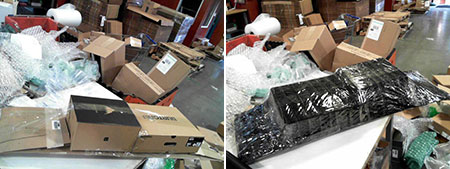
I chose DHL Express and a couple of days later my package had arrived to my doorstep in Kuwait.
So would I use Shipito again?
Obviously my first experience was great since I didn’t pay for anything but since I have the mailbox already setup with them I would probably use them again. For one thing they’re great when ordering from the Apple Store. I placed an order for an Apple Watch and it still hasn’t gotten canceled by Apple so I think they ship to Shipito mailboxes. I tried previously with both my Aramex and MyUS mailboxes and both orders got canceled. Plus you don’t pay tax, that has to be the biggest advantage. Shipping cost on the other hand varies. Aramex is by far the cheapest option but also the slowest. Shipito vs MyUS is more difficult to calculate because MyUS now doesn’t charge based on volumetric weight but on actual weight (up to a certain size). So if its a big box MyUS will probably be cheaper. But if it’s a smaller box Shipito is cheaper. For example a 25x25x25cm box weighing 1KG would cost $47 with Shipito but $52 with MyUS. So yes I would use my Shipito address again mostly when ordering small electronics like laptops, cameras and other items that don’t come in a large box. Also expensive items I would save a lot on by not paying any tax.
If you want to find out more about Shipito you can visit their website [Here]











